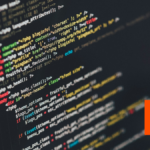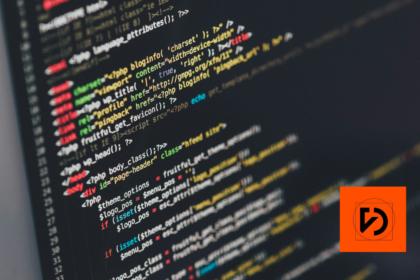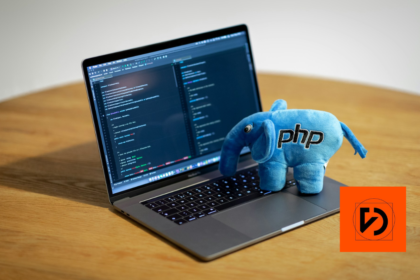Machine learning – what is it?
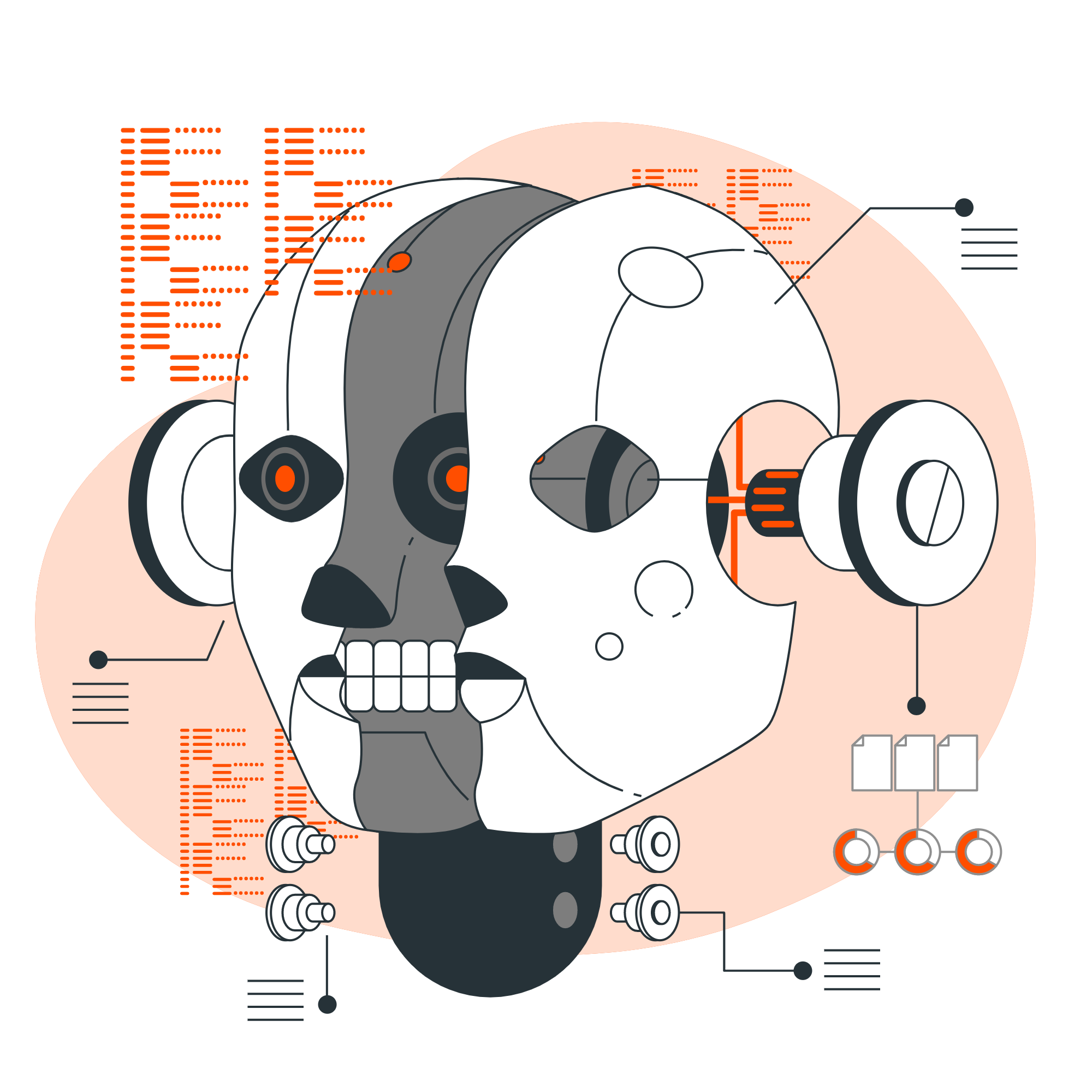
Machine learning – what is it?
Machine learning encompasses the research area of algorithms that can learn on their own by analyzing collected data. Machines can gather some information about the behavior of internet users. They can also narrow it down to general patterns and from that estimate how users will behave in the future.
Suppose an algorithm is supposed to distinguish ducks from pigeons. In order for it to do this, we need to teach it to do so. In practice, this means giving it test data on the basis of which it will learn. These can be, for example, pictures of both animals, indicating which one is in the picture. The algorithm analyzes the photos, thus learning which features are characteristic for ducks and which for pigeons.
What are the types of self-learning machines?
The example above shows supervised machine learning. Algorithms work by knowing what the outcomes of their actions are supposed to be (distinguish a pigeon from a duck). This model of learning involves checking which animal traits will be useful in comparisons towards a goal. This type of machine learning is used for image classification, customer segmentation, or speech recognition, for example.
The second type of machine learning is unsupervised learning. Humans do not set the algorithms the goal they should achieve after analyzing the material. Algorithms process the data and look for relations and patterns between them and then formulate conclusions. A human observing the system cannot predict the outcome of the machine because it is very similar to human observation of the environment.
There is also an intermediate version in which machine learning is partially supervised. It involves machines receiving labeled data with the assumption of learning it. They are also given unlabeled data in which they have to find common elements on their own and make inferences from them.
Machine learning versus artificial intelligence – are they the same thing?
Machine learning (ML) and artificial intelligence are closely related. Sometimes these terms are used interchangeably. This is not entirely accurate. Artificial Intelligence (AI) is a broad term that does not boil down solely to machine learning. The task of artificial intelligence is to replace humans in various areas of their activity. AI can, for example, recognize sounds, videos and faces, but also create new works of art. Artificial intelligence is a field of science that involves creating systems that understand and assimilate new knowledge. It is also tasked with creativity and problem solving. However, the main driving force behind artificial intelligence is machine learning.
Machine learning in everyday life
Machine learning is an area of artificial intelligence. It is responsible for data analysis and machine learning processes. Thanks to machine learning: YouTube knows what we would enjoy watching at a given time of day. Netflix is able to suggest movies that we are likely to like. Autocorrect, on the other hand, suggests whole words to us while we’re writing a message. Machine learning is supposed to make our lives easier. It offers ready-made solutions and meets our expectations. Not only in our everyday life at leisure, but also at work. There are many industries that are already unable to survive without machine learning.
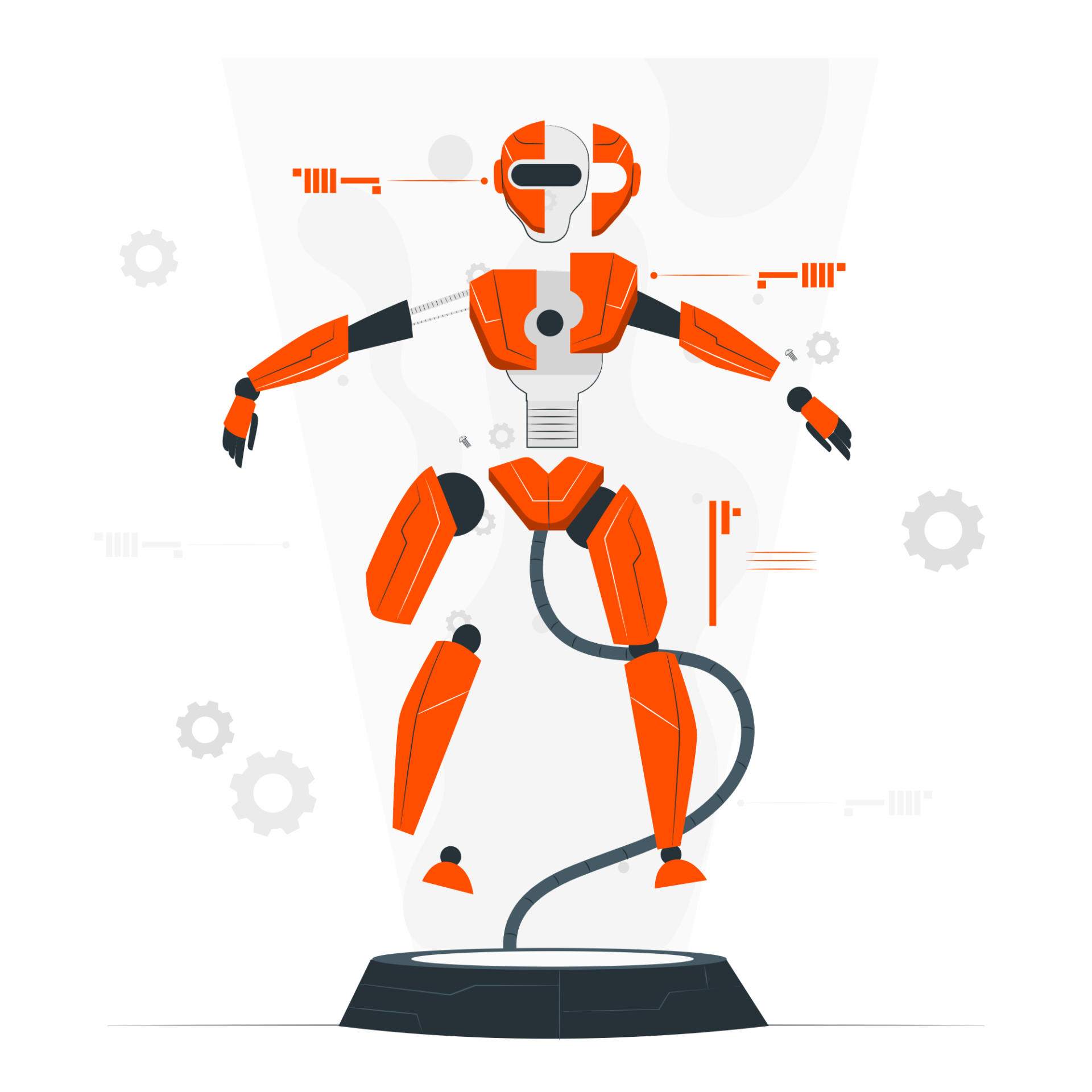
Machine learning in business – without it, not a chance!
Implementing machine learning is a necessity in many industries. Some businesses are hard to imagine without machine learning. ML-based systems are essential for effective business. Most often we will meet them in medicine, finance, web applications, or manufacturing.
Hospitals and medical facilities process a huge amount of data. This helps in diagnosis, drug development, and early detection of serious diseases. Machine learning supports daily work in hospitals, where speed and efficiency of operations play a big role. Not only at the level of treatment, but also at the administrative level.
In finance, machine learning is used, among others, in insurance or in the work of accounting offices. Insurers very often use algorithms that help them determine insurance risks. Machine learning also plays a role in credit approval and detecting fraudsters.
Predictive capabilities of machine learning
A fascinating feature of machine learning is forecasting. In the past, various business decisions were made based on historical results. Today, machine learning uses advanced analytics to predict future consequences. Organizations can make forward-looking decisions while being proactive, not relying only on past data.
Machine learning can be used in business to improve many processes. You can predict the consequences of certain investments or actions. Track business trends and build further strategy based on them. The collected data will help you determine which of your products are gaining popularity and plan a campaign or other marketing activities.
Da Vinci Studio – plan your development with us
At Da Vinci Studio we constantly develop products using machine learning and AI. We build solutions tailored to the needs of our clients. We provide support at each stage of the process, help to implement solutions and are happy to answer any questions. We are a software company with experience and individual approach to each product. We believe that a well-chosen application is a personalized application that meets the needs of your business. Contact us through the contact form or give us a call.

